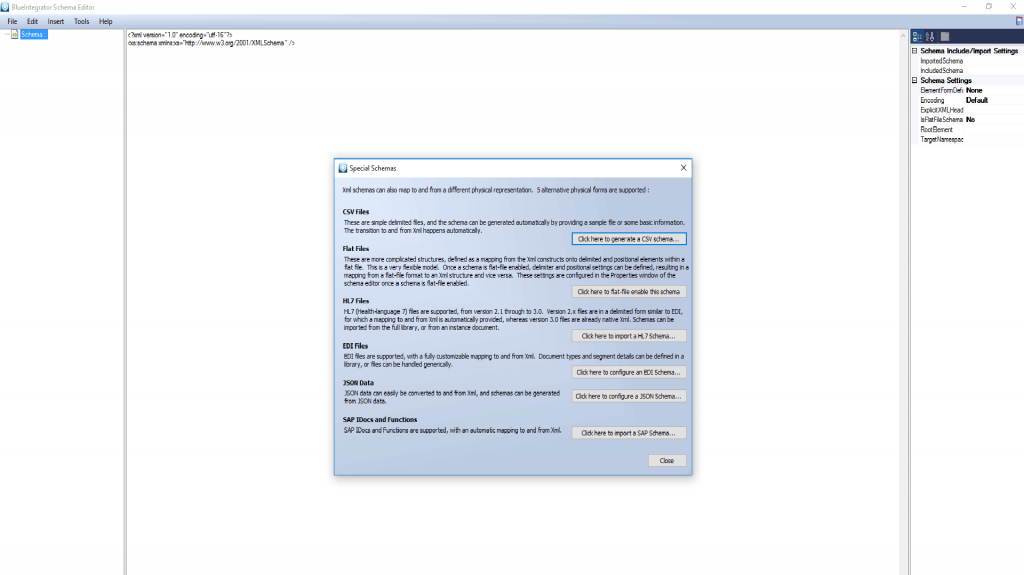Techniques
JSON open default file format
Javascript Object Notation (JSON)
JavaScript Object Notation or JSON is an open default file format that uses readable text to transfer data objects that consist of attribute value pairs and array data types.
JSON helps store information for simplified access. It provides an easy-to-read set of information that can be compared to, for example, XML.
JSON is built on two structures:
- A collection of name/value pairs. In various languages, this is realized as an object, record, struct, dictionary, hash table, keyed list, or associative array.
- An ordered list of values. In most languages, this is realized as an array, vector, list, or sequence.
Originally, the language dependent JSON data format was derived from JavaScript, but from 2017 it has been included in most programming language codes to enable them to generate and analyze JSON form data.
JSON makes it easy to handle information directly and automatically. Blue Integrator can convert from JSON to XML and back. It is also possible to import JSON schedules directly into Blue Integrator.


